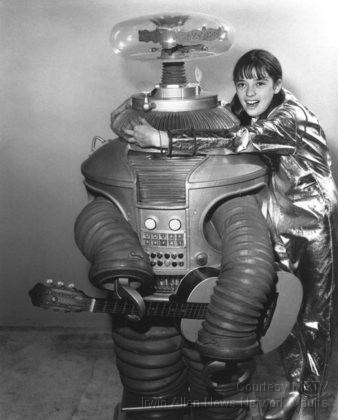LEGO Robot Builders Form Emotional Bond to Their Creations
Psychology researchers have found that people who build robots form an emotional bond to their creations – though the bond is different from the sort of attachments people form with other people or pets.

The researchers surveyed 16 undergraduates who built robots out of LEGOs as part of a robotics education course. All of the students reported liking their robots at a mean score of 8.81 on a 10-point affection scale. Sixty-nine percent of the students reported that their affection for the robots increased during the two-month course, and another 25 percent of the students who did not report an increase in affection had reported an average of 9.5 on the 10-point affection scale to start with. Only one student reported a decrease in affection over time.
At the end of the course, the students were tasked with dismantling their robots. To measure the extent of the students’ attachment to their robots, the researchers assessed the students’ feelings of anxiety and avoidance related to taking the robots apart. More than half of the students reported being “sad,” but some students noted that the sadness was tempered by the knowledge that the robots could be rebuilt, and even improved.
And despite the reported sadness, student responses did not register on the attachment scale being used by the researchers – which is normally used to study emotional interactions between people and their pets.
“This suggests that the students’ affection for their robots might be a different form of attachment than the attachments we form with pets or other people,” says Lixiao Huang, a Ph.D. student at NC State and lead author of a paper on the research.
“If the human-robot attachment is different from other forms of attachment, we need additional research to improve our understanding of this phenomenon,” Huang says. “We need to find ways to define the emotional bond, to measure it, and to determine what features of the robots contribute to the bond. Ultimately, this sort of information could potentially be used to develop new technologies, such as new designs for service robots or pet robots.”
The paper, “An Exploration of Robot Builders’ Attachment to Their LEGO Robots,” will be presented Oct. 4 at the 2013 International Annual Meeting of the Human Factors and Ergonomics Society in San Diego, Calif. The paper was co-authored by Terri Varnado, an assistant professor of science, technology, engineering, and mathematics education at NC State, and Doug Gillan, professor and head of NC State’s Department of Psychology. The research was supported, in part, by the Psychology Emeritus Fund for Graduate Student Research.
- Categories:


